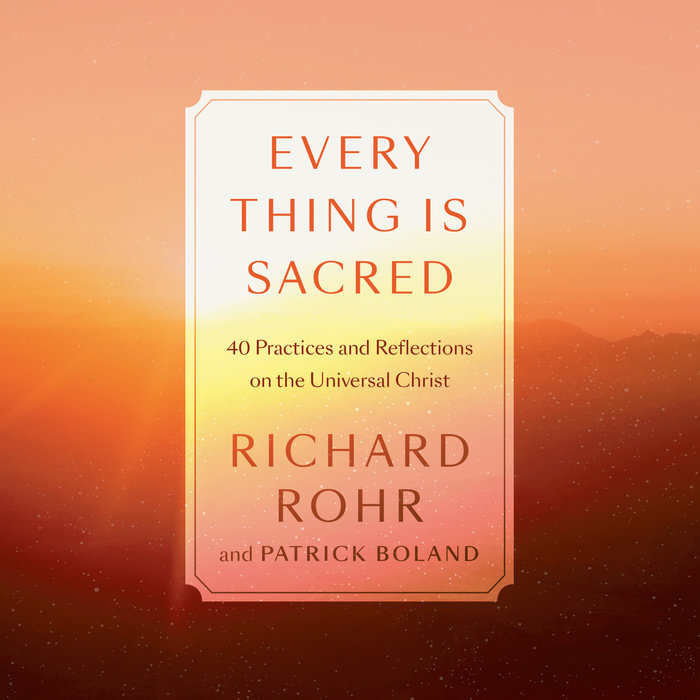The Baha’i teachings illuminate the intricate relationship between humanity and nature, positing that if human beings are regarded as sacred, then every living entity must also be revered. This profound concept emerges from the Baha’i understanding of creation, the interconnectedness of all life, and the divine purpose that governs existence. Herein, we delve into the pivotal themes that encapsulate the Baha’i view of nature, exploring the implications of recognizing the sacredness of all living things.
The Nature of Sacredness
In Baha’i thought, sacredness transcends mere physical existence. It is rooted in the belief that all creation is a reflection of divine purpose. Every living organism, from the smallest microbe to the grandest ecosystem, embodies an essential aspect of God’s creation. The Baha’i writings emphasize that this sanctity is not confined to humanity but extends universally. Humans possess the unique faculty of reason and reflection; however, this does not bestow supremacy over other beings. Rather, it necessitates stewardship and responsibility towards the environment and all forms of life.
The Interconnectedness of All Life
Baha’i teachings articulate a holistic worldview, emphasizing the interdependence of all living things. Each species, whether flora or fauna, plays an integral role in the larger tapestry of existence. The Baha’i framework encourages an ecological perspective that recognizes the intricate relationships within ecosystems. By understanding these connections, one develops a deeper appreciation for biodiversity and the intrinsic value of every creature. The deterioration of one part of this system disrupts the harmony that is essential for the survival of the whole. This insight advocates for a conservation ethic that aligns with spiritual principles.
The Principle of Stewardship
The idea of stewardship, or “trusteeship,” is central to the Baha’i perspective on nature. Baha’is are called to act as guardians of the Earth, a responsibility that entails nurturing the environment and all its inhabitants. This stewardship is not exclusively a physical obligation, but also a moral one. Baha’is are encouraged to engage in sustainable practices, advocating for the protection of ecosystems and the humane treatment of all living beings. This ethical commitment is rooted in the recognition that harming nature is akin to harming oneself, as all life is interconnected.
Spiritual Reflection in Nature
Nature serves as a source of spiritual reflection and inspiration within the Baha’i faith. The beauty and complexity of the natural world are seen as manifestations of divine attributes. Many Baha’is find solace and enlightenment in natural surroundings, believing that the contemplation of nature can lead to spiritual growth and a deeper understanding of God’s will. The Baha’i writings celebrate the natural world as a divine classroom, teaching lessons about patience, humility, and the cyclical patterns of life. This perspective encourages individuals to cultivate a reverential attitude towards nature and seek opportunities for reflection amid its splendor.
Environmental Justice
Recognizing the sacredness of all living things also extends to social, economic, and environmental justice. The Baha’i teachings advocate for equity and fairness in the distribution of natural resources and the protection of vulnerable communities affected by environmental degradation. This principle underscores the ethical imperative to address issues such as climate change, pollution, and habitat destruction, which disproportionately impact marginalized populations. In this way, the Baha’i faith encourages action that aligns with both environmental stewardship and social responsibility.
Education and Awareness
Education plays a crucial role in the Baha’i commitment to fostering a greater understanding of our relationship with nature. Through educational initiatives, Baha’is seek to raise awareness about environmental issues, emphasizing the need for informed action. The Baha’i community actively promotes scientific literacy and environmental education as vital components of spiritual and moral development. Such efforts encourage individuals to explore the wonders of the natural world while fostering a sense of responsibility towards its preservation.
The Role of Community
The collective nature of Baha’i community life enhances the capacity for effective action regarding environmental concerns. Community engagement fosters collaboration among individuals with a shared commitment to protecting the environment. Baha’is organize activities such as tree planting, clean-up drives, and advocacy campaigns, embodying the principle of collective action rooted in spiritual motivation. This communal approach not only strengthens bonds among participants but also amplifies the impact of their efforts, illustrating a commitment to divine principles in action.
Conclusion: Towards a Sacred Understanding of Nature
The Baha’i view of nature emerges as a multifaceted and sacred paradigm, encompassing themes of stewardship, interconnectedness, justice, and education. As humanity grapples with unprecedented environmental challenges, these teachings resonate profoundly, offering a compelling framework for understanding and addressing ecological issues with reverence and responsibility. By recognizing that if we are sacred, every living thing is likewise sacred, Baha’is encourage a transformative approach to our relationship with nature, fostering a harmonious existence and a sustainable future.
